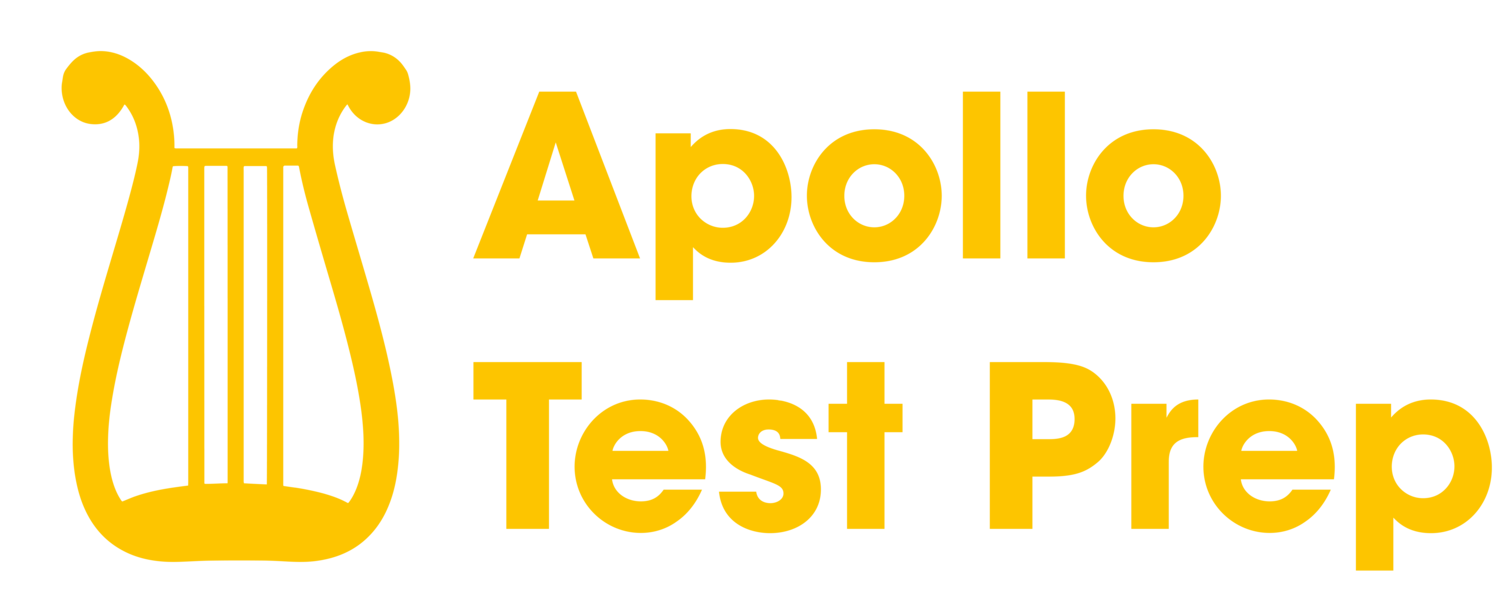LSAT Explanation PT 22, S4, Q16: The familiar slogan "survival of the
LSAT Question Stem
The argument above depends on assuming which one of the following?
Logical Reasoning Question Type
This is a Necessary Assumption question.
Correct Answer
The correct answer to this question is E.
LSAT Question Complete Explanation
The question type for this problem is Necessary Assumption, which means we need to identify the assumption that the argument depends on.
Let's first summarize and analyze the argument in the passage. The passage discusses the popular slogan "survival of the fittest" and how it's often misinterpreted by the general public. The argument clarifies that biologists use the term "fittest" to mean "most likely to survive," making the slogan a tautology, which means it's neither informative nor of scientific interest. The structure of the argument is as follows:
Premise: Biologists use the term "fittest" to mean "most likely to survive."
Conclusion: The slogan "survival of the fittest" is a tautology and is neither informative nor of scientific interest.
An "Evaluate" question for this argument could be: "Is a tautology always uninformative and of no scientific interest?"
Now let's discuss each answer choice in detail:
a) All claims that are of scientific interest are informative.
- This answer choice tries to establish a connection between scientific interest and informativeness, but it does not address the relationship between a tautology and these properties. It's not necessary for the argument.
b) Only claims that are true are of scientific interest.
- This answer choice suggests that if a claim is of scientific interest, it must be true. However, we need to establish a connection between a tautology and the lack of scientific interest. This choice does not help us with that.
c) Popular slogans are seldom informative or of scientific interest.
- The argument is about one specific slogan, not popular slogans in general. Even if popular slogans are usually uninformative, it doesn't necessarily mean that this particular slogan is uninformative or of no scientific interest. This answer choice is not necessary for the argument.
d) Informative scientific claims cannot use terms in the way they are popularly used.
- The argument focuses on the specific use of the term "fittest" in the slogan. This answer choice doesn't address the relationship between a tautology and informativeness or scientific interest. It's not necessary for the argument.
e) The truth of a purported scientific claim is not sufficient for it to be of scientific interest.
- This is the correct answer choice. Tautologies are always true, but they may not provide new or interesting information. By stating that truth is not enough for a claim to be of scientific interest, we eliminate the possibility that all tautologies are of scientific interest, which would weaken the argument.
